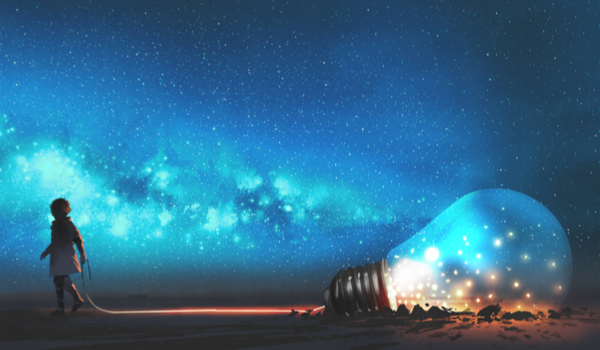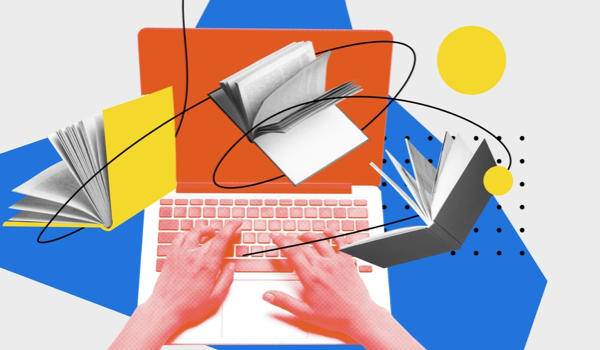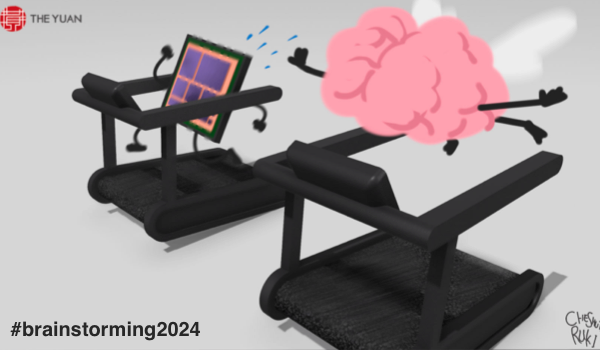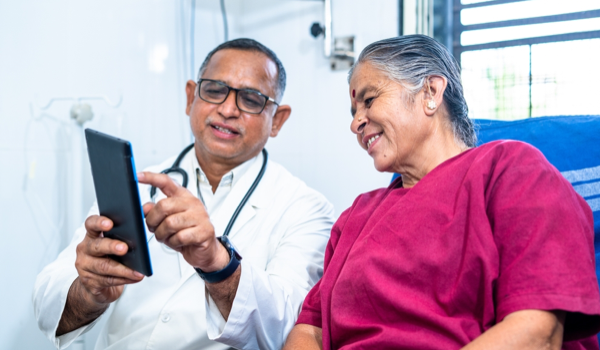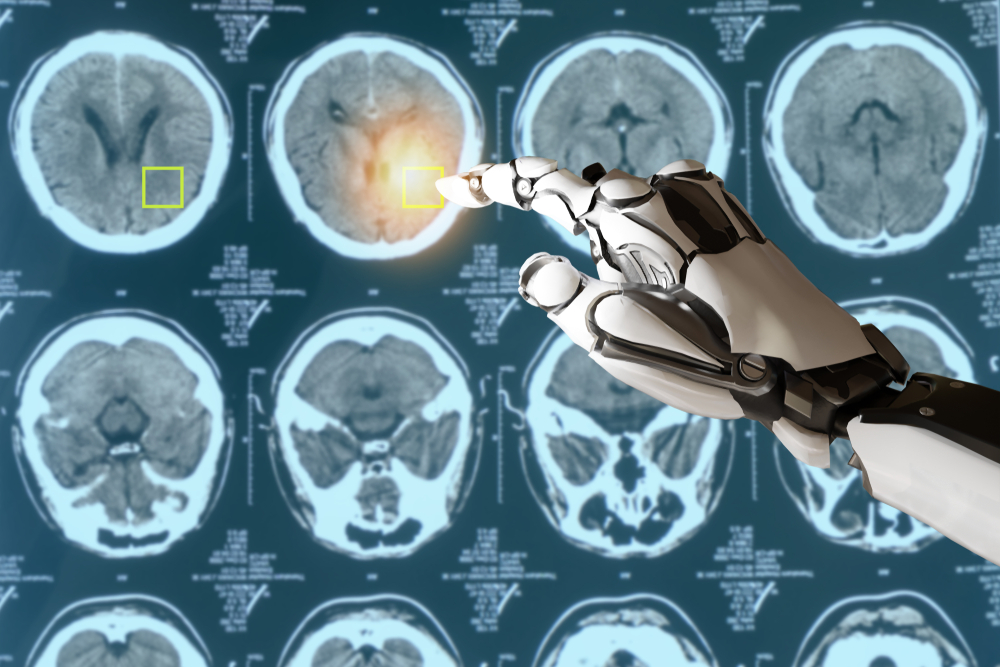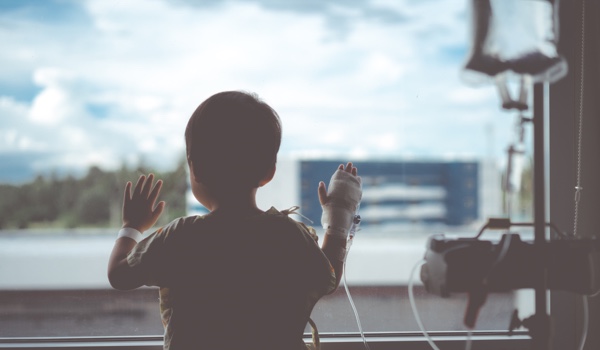


NEW YORK - At an awards dinner at the New York Academy of Sciences, James P. Allison told a captivated audience that his breakthrough cancer immunotherapy discoveries resulted not from focusing on cancer, but rather from his decades-long basic research to understand how the immune system works. Weeks later, Allison and fellow immunologist Tasuku Honjo were selected to receive the Nobel Prize in Medicine.
For years, Allison and his colleagues studied a protein that serves as a brake on the immune system. They recognized that releasing this brake could unleash the immune system to attack and destroy tumors. Honjo and colleagues independently identified another protein that performs a similar function. These fundamental studies have now led to the development of new and powerful immunotherapies that are effective against cancer.
Much remains to learn, however. For some patients with some cancers, immunotherapy has been revolutionary, enabling people who had been on the verge of death to live healthy lives with no detectable traces of the disease. Yet the immunotherapy revolution is still in its infancy. For reasons still unclear, many cancers and patients simply do not respond. Part of the problem, scientists increasingly agree, is the current lack of understanding of how the human immune system fights disease. I have seen this firsthand, through decades of work trying to develop a vaccine for HIV/AIDS, a goal that has so far proved elusive.
That is why I believe the next breakthrough in foundational research will be decoding how the human immune system prevents and controls disease. Artificial intelligence (AI) and machine learning (ML) will be the keys to this achievement, transforming the future of human health just as they are now changing other aspects of o
The content herein is subject to copyright by Project Syndicate. All rights reserved. The content of the services is owned or licensed to The Yuan. The copying or storing of any content for anything other than personal use is expressly prohibited without prior written permission from The Yuan, or the copyright holder identified in the copyright notice contained in the content. Continue with Linkedin
Continue with Linkedin
 Continue with Google
Continue with Google

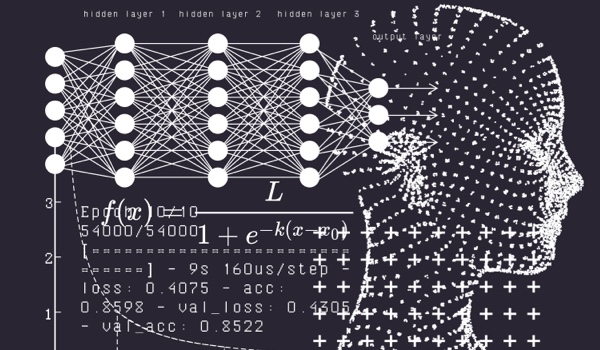

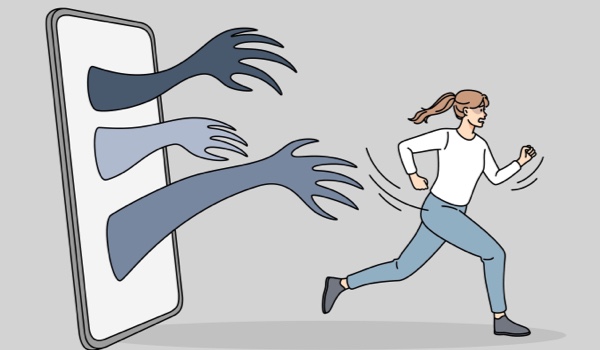







 1994 views
1994 views

